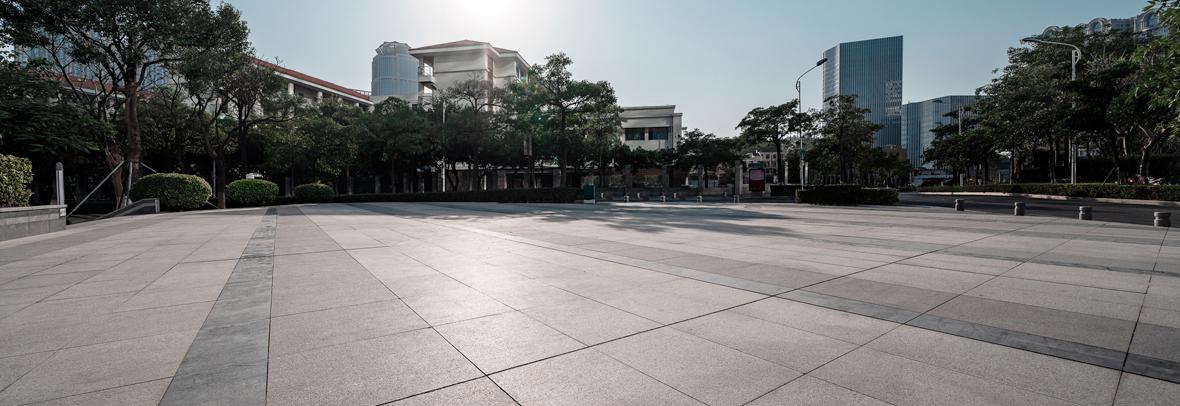A condo board replaced trees with grass and concrete. They cited sidewalk damage, but it changed the common area’s aesthetic. Did they need a vote by owners before doing this?
NAPLES, Fla. – Question: The board of our condo association has removed several trees in our community and replaced them with concrete, rock, and grass. Their stated purpose for the tree removal is that the roots are growing out of control causing the sidewalk and pavement to lift and crack.
This replacement of the trees with grass or concrete has changed the entire aesthetic of the shared common area property of the community, for the worse in many owners’ opinions. Is the board allowed to remove these trees without a vote of the owners? – L.G., Plantation
Answer: Whether or not the board can change the common area landscaping without a vote of the owners comes down to whether or not the change is considered routine maintenance or if such change constitutes a “material alteration.”
If the change is considered routine maintenance, then it is within the board’s purview to make those decisions without a member vote.
Under Section 718.113(2)(a), Florida Statutes, “there shall be no material alteration or substantial additions to the common elements or to real property which is association property, except in a manner provided in the declaration as originally recorded or as amended under the procedures provided therein. If the declaration as originally recorded or as amended under the procedures provided therein does not specify the procedure for approval of material alterations or substantial additions, 75 percent of the total voting interests of the association must approve the alterations or additions before the material alterations or substantial additions are commenced.”
Therefore, you will first need to review your governing documents to determine if the issue of material alterations is addressed, and if so, what the requirements are.
If your governing documents are silent, then a vote of the owners would be required, and 75% of the total voting interests must approve a material alteration (a threshold that is often very difficult to meet for most associations).
With regard to what changes are considered material alterations or substantial additions to the common elements or association property, the seminal case in Florida is Sterling Village Condominium Association, Inc. v. Breitenbach, which was decided by the Fourth District Court of Appeals in 1971. In Sterling Village, the court stated that changes were material alterations when such changes “palpably or perceptively vary or change the form, shape, elements or specifications of a building from its original design or plan, or existing condition, in such a manner as to appreciably affect or influence its function, use, or appearance.”
This is still the test used today. When it comes to landscaping in particular, there are dozens of arbitration cases that establish that landscaping changes are almost always considered maintenance unless they changed the “scheme” of the landscaping.
For example, in the event that the trees in your community were removed and replaced with new, smaller trees or a different type of tree, this would not likely rise to the level of a material alteration. However, the fact that the trees have been replaced with concrete, rock, or grass would seem to change the landscaping scheme in such a way that it appreciably affects or influences its function, use, or appearance, and would therefore be a material alteration.
It is possible that such action would have required a membership vote under those circumstances. Please note, however, that the courts have often given great deference to the “business judgment rule” in this context, meaning that as long as the board is acting reasonably and in good faith in their decision-making, their decisions will be upheld.
For example, if the board received advice from landscape professionals (saying) that the trees must be removed and new ones cannot be planted there, its decision is more likely to be upheld under the business judgment rule.
Avi S. Tryson, Esq., is partner of the Law Firm Goede, DeBoest & Cross. The information provided herein is for informational purposes only and should not be construed as legal advice. The publication of this article does not create an attorney-client relationship between the reader and Goede, DeBoest & Cross, or any of our attorneys. Readers should not act or refrain from acting based upon the information contained in this article without first contacting an attorney, if you have questions about any of the issues raised herein. The hiring of an attorney is a decision that should not be based solely on advertisements or this column.
By Avi S. Tryson | © 2022 Journal Media Group
Read the Original Article Here: Q&A: What’s Considered a ‘Material Alteration’?
